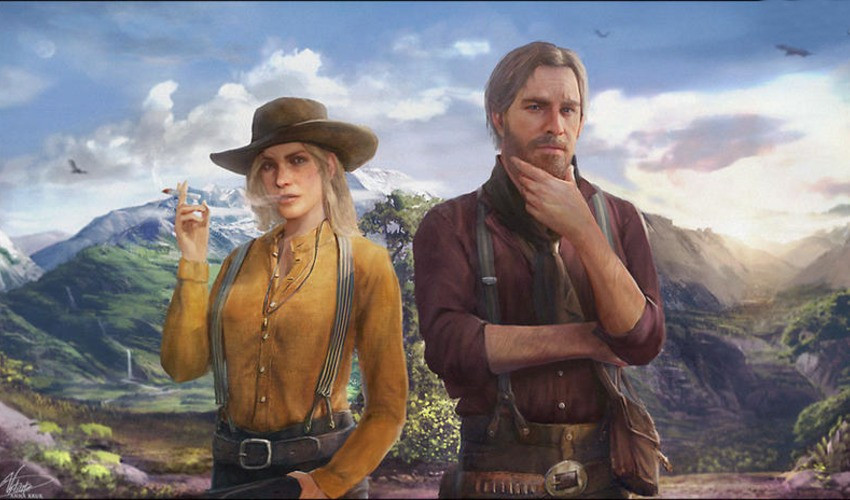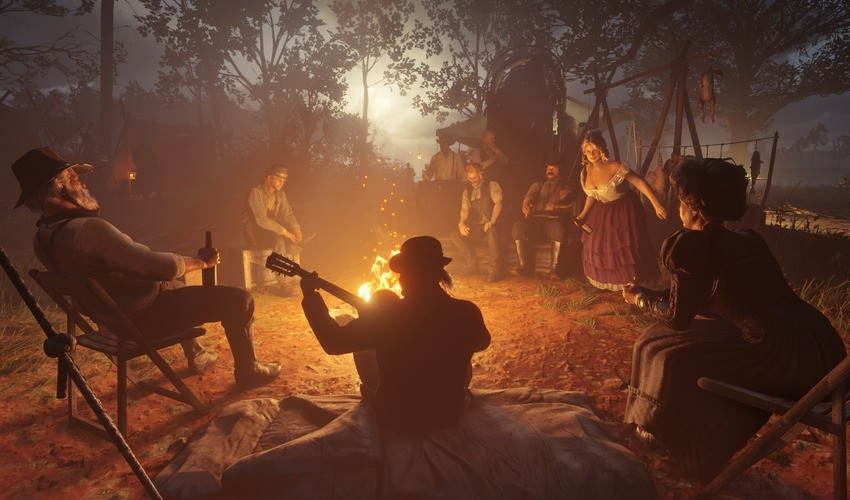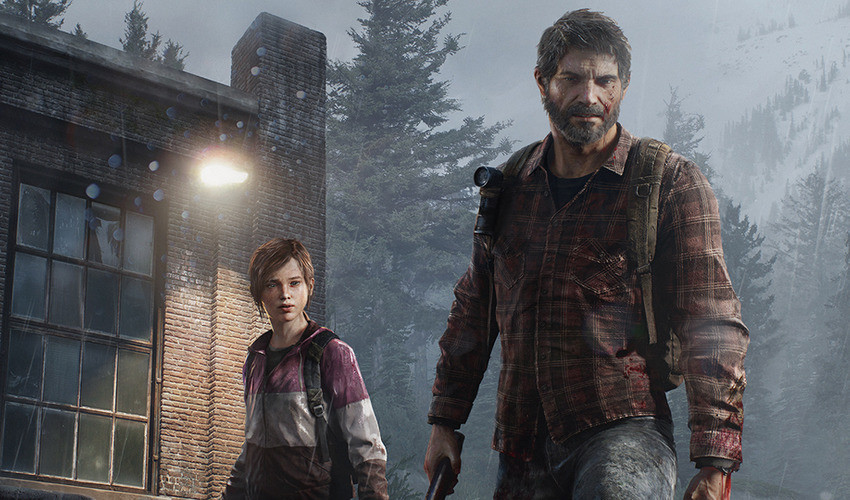A Lone Journey Through Worlds Unknown: Celebrating Single-Player Narratives

In an era where multiplayer titles often grab the spotlight, with their competitive arenas and cooperative challenges, there remains a steadfast and vibrant realm that champions a different kind of adventure: the single-player experience. Unlike their multiplayer counterparts, single-player games invite players into deep, narrative-driven worlds where character development, story arcs, and emotional engagement are paramount. This article aims to celebrate the enduring power and importance of narrative in single-player games, with a special focus on iconic titles such as The Last of Us and Red Dead Redemption 2.
The Enduring Power of Narrative

At the heart of every memorable single-player game lies an engaging narrative. It's the narrative that pulls players into the game's world, urging them to explore every nook and cranny, to interact with every character, and to uncover every piece of lore. Games like Red Dead Redemption 2 offer vast, open worlds rich with stories waiting to be discovered. These narratives provide more than just context for the player's actions; they imbue the game world with life, transforming a collection of pixels and polygons into a living, breathing universe.
Character Development: The Soul of the Solo Journey
Single-player games often provide a deep dive into character development, exploring the nuances of personality, motivation, and growth. This focus on character enriches the gaming experience, offering players a chance to see aspects of themselves reflected in the protagonists they control. The journey of Joel and Ellie in The Last of Us showcases the power of character-driven storytelling as players witness their relationship evolve amidst a post-apocalyptic world. These characters become more than just avatars; they become friends, confidants, and, at times, reflections of our own struggles and triumphs.
Creative Freedom and Immersion

One of the unique advantages of single-player games is the degree of creative freedom they offer developers. Without the need to balance gameplay for competitive fairness or cooperative play, creators can craft intricate worlds, complex narratives, and innovative gameplay mechanics. This freedom allows for a deeper level of immersion, as players are not just observers of the game world but active participants in its story. In doing so, games like Red Dead Redemption 2 and The Last of Us provide experiences that are not only entertaining but also profoundly personal and immersive.
In a landscape often dominated by the latest multiplayer sensation, the single-player experience continues to offer something invaluable: a narrative-driven journey that invites players to lose themselves in another world. Games like The Last of Us and Red Dead Redemption 2 exemplify the best of what single-player narratives can offer, combining rich storytelling, deep character development, and immersive worlds. As we move forward in the gaming industry, let us not forget the power of the single-player experience to evoke emotion, provoke thought, and tell stories that linger with us long after we've put down the controller.









